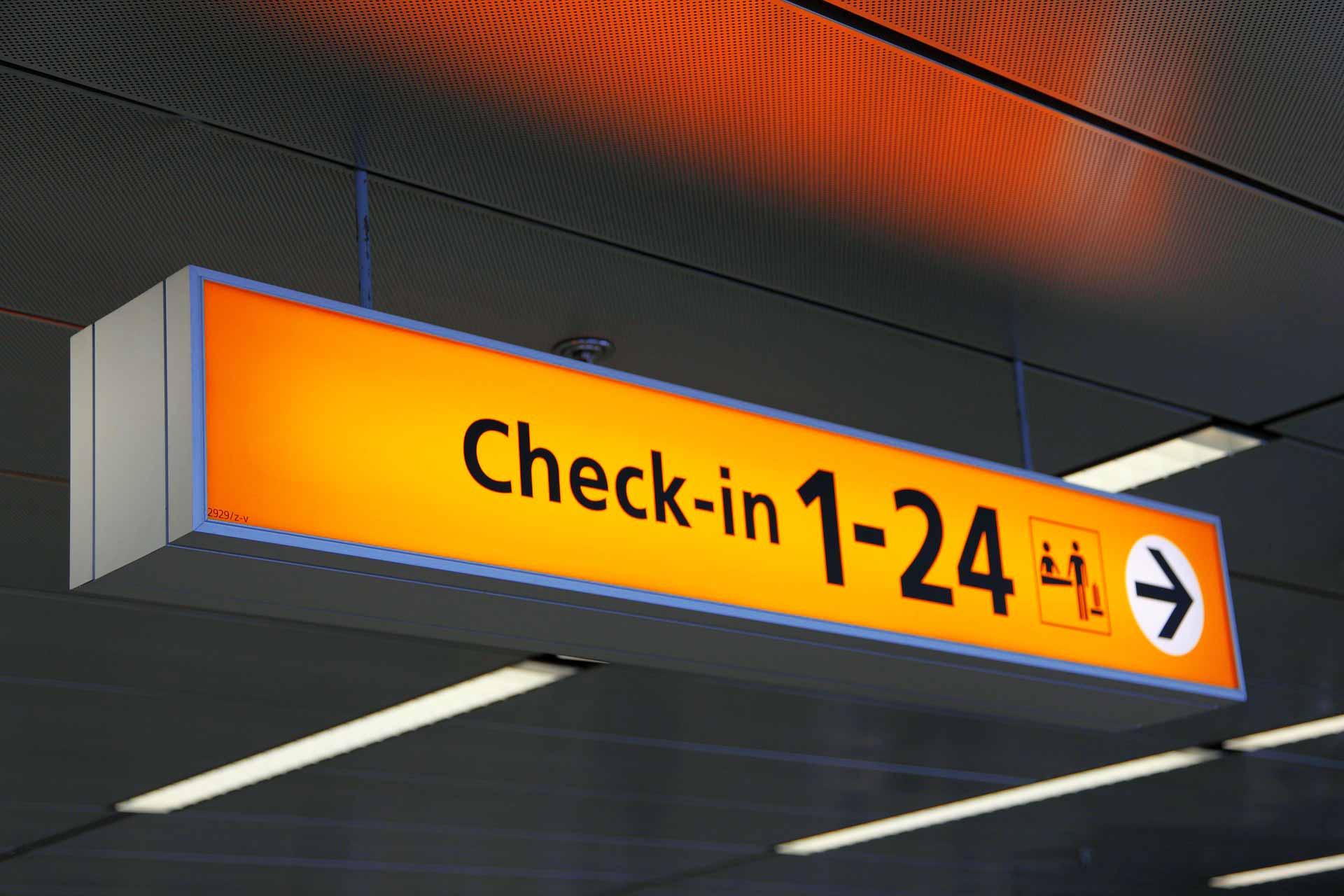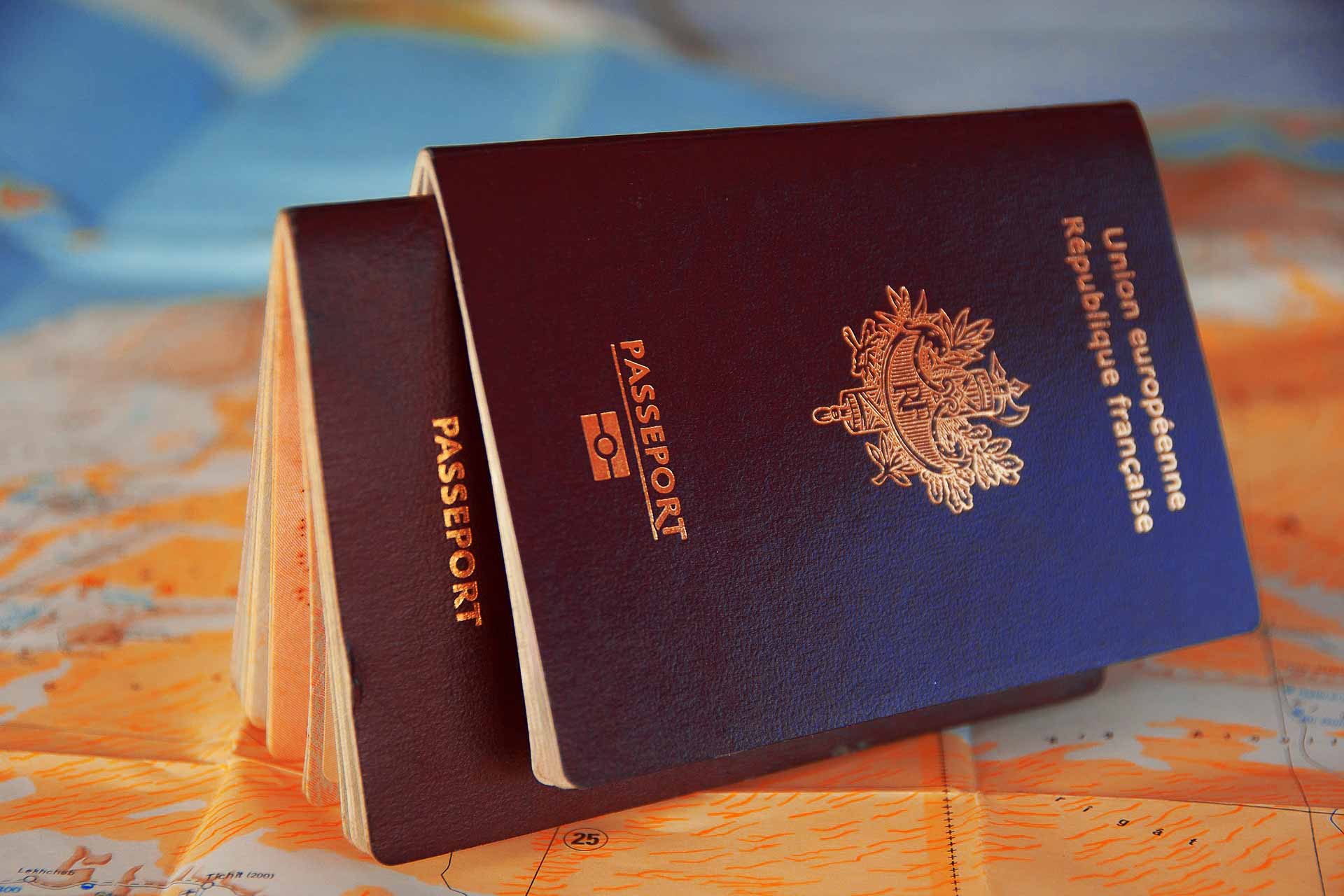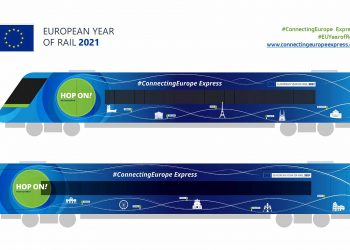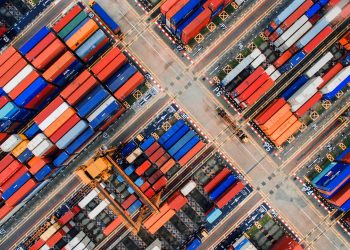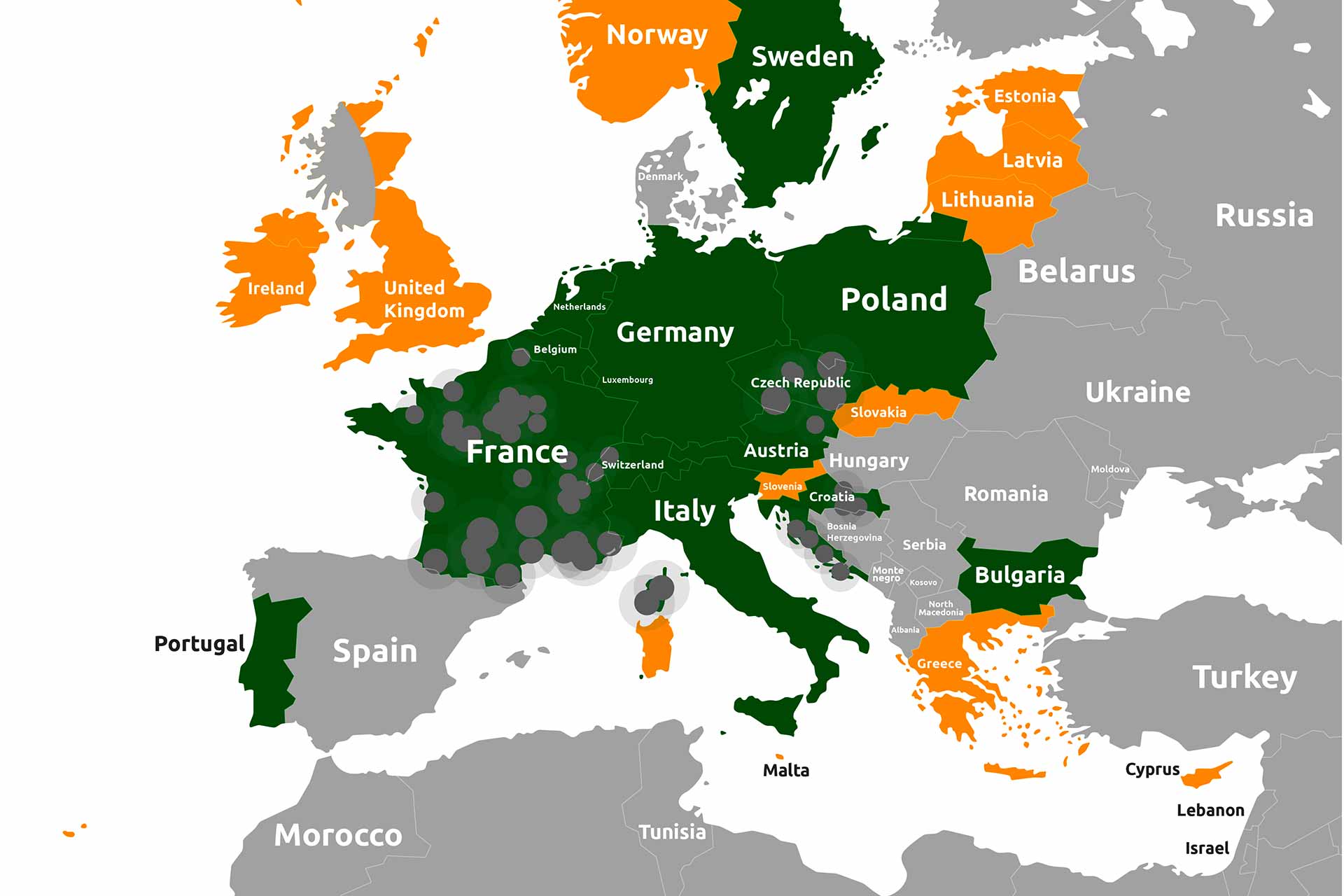Eurovignette directive has new toll rates and varying road charges based on CO2 emissions to fight Climate Change in line with EU Green Deal. The EU is revising its road charging rules to address greenhouse gas emissions and other environmental impacts. Also EU needs to provide a solution for congestion and road infrastructure financing.
The member states’ ambassadors agreed on this negotiating mandate for the reform. The agreement includes a new system of toll rates and varying charges for heavy-duty vehicles based on CO2 emissions. The new scheme will promote the entry into the market of vehicles with lower emissions. It will also help combat climate change in line with the European Green Deal.
With today’s mandate, the Council has shown its ambition in terms of reaching the sustainability and environmental targets in road transport. This revision of road pricing will cover not just air and noise pollution but also CO2 emissions, which will incentivise cleaner and more efficient transport operations. This will help to bring down transport emissions and effectively address global warming.
Andreas Scheuer, German Federal Minister for Transport and Digital Infrastructure, President of the Council
Council mandate – EU Green Deal
The Council provides a toolbox for member states. They will be able to levy charges for the use of roads in order to reduce pollution from transport. EU States could make traffic flow more smoothly and recover the costs of the construction, operation and maintenance of infrastructure.
Member states will still be able to choose their preferred charging model for toll rates. As EU countries differ in their geography, population density and road networks and in terms of the charging systems they already have in place, time-based charging will be maintained as a cost-effective alternative to distance-based charging.
eudebates time-based user charges (vignettes)
The scope of the rules will be extended from heavy goods vehicles only to other vehicles. Member states may wish to apply charges, such as buses, vans or passenger cars. Countries will have the possibility to apply toll rates and user charges for each type of vehicle independently. In addition, member states may provide reductions in toll rates. Also exemptions for vehicles from the obligation to pay tolls under specific conditions.
The main change compared to the current system will be the introduction of a new EU-wide tool. The new rulles will cover infrastructure, toll rates and user charges with regard to heavy-duty vehicles based on CO2 emissions. The variation will be based on the existing CO2 standards. Initially, the scheme will only apply to the largest trucks. It can gradually be extended to other types of heavy-duty vehicles and regularly adapted to technological progress through implementing acts.
To incentivise the purchase of “best-in-class” vehicles, member states will be able to give preferential treatment to zero-emission vehicles.
Has the Paris Agreement changed Climate after 5 years?

EURO 1 – 2 – 3 – 4 – 5 – 6
Member states may continue to apply the current charge variation, toll rates based on EURO emission classes for the existing fleet. However, they will have to apply reduced charges based on CO2 emissions for new vehicles.
The main principles for earmarking road charge revenue remain unchanged. In general, member states should earmark revenue generated by infrastructure and external cost charges for projects in the transport sector, in particular in support of the trans-European transport network. However, they are not obliged to do so. With regard to revenue generated by mark-ups, transport-related earmarking remains obligatory.
The rules will allow member states to apply higher mark-up (up to 50%) to the infrastructure charge levied on specific highly congested road sections. This will take place if all affected member states agree.
Member states will have two years from the entry into force of the directive in which to incorporate the provisions into their national law.
Procedure for toll rates
In May 2017, the Commission presented the proposal for a revised Eurovignette directive as part of the first mobility package.
Ambassadors approved the mandate in the Council’s Permanent Representatives Committee. This allows the presidency to start negotiations with the European Parliament on the final text.
Paris Agreement: EU updates and new goals are expected to fight climate change
Current EU road charging rules
Road charging is a national choice in the EU, and member states can choose whether or not to introduce it on their territory. However, if they do opt to levy charges, toll rates, they must follow certain common rules laid down in the Eurovignette directive. The aim of this is to ensure that toll rates, the imposition of road charges does not discriminate against international traffic or result in the distortion of competition between transport operators.
Current EU road-charging rules concern distance-based toll rates and time-based user charges (vignettes) for heavy-goods vehicles for the use of certain infrastructures. The idea is that the cost of constructing, operating and developing infrastructure can be covered through tolls and vignettes for road users. The charges may be complemented by an ‘external cost’ charge, aimed at reducing pollution from road transport. Member states may also modulate the infrastructure charge to take account of road congestion.


